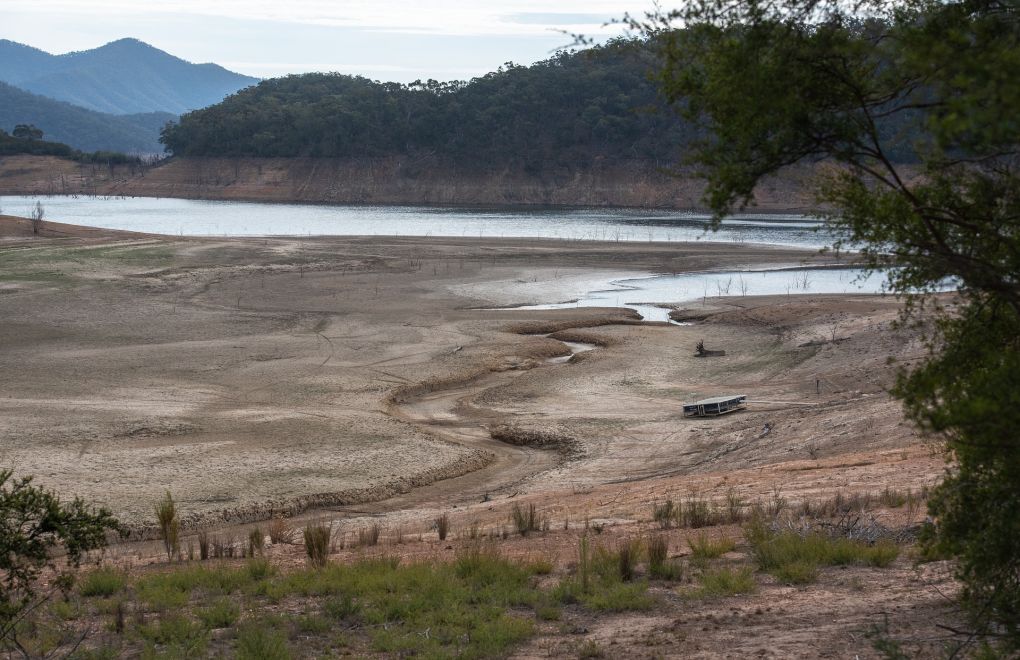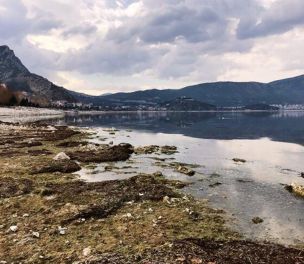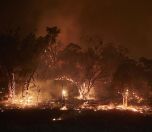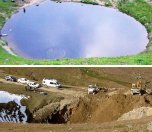* Photo: Pixabay
Click to read the article in Turkish / Kurdish
Gülizar Biçer Karaca, the Vice Chair of the main opposition Republican People's Party (CHP) responsible for Nature Rights, has announced that all lakes across Turkey are facing a danger of drying up.
While there are problems in wetland areas across the world, Turkey's wrong water policies aggravate the problem in the country, she has noted.
According to a report prepared by the CHP Vice Chair, 59 lakes in Turkey are currently in danger of drying up. While seven of these 59 lakes have "almost come to a point of no return," eight others are facing the danger of drying up due to the planned projects or wrong water policies.
36 lakes face a threat of drying up due to drought and this threat is in an early phase in eight lakes, according to the report.
Industrial activities, hydroelectric power plants
The report of Biçer Karaca has also listed the main causes driving the lakes in Turkey to dry up: Industrial activities, water transfers between basins, dams and hydroelectric power plants, wrong agricultural practices, waste dumping sites, hazardous waste processing, housing, residues from mine processing and coal processing.
According to the report, the lakes in the "Region of Lakes" in the Mediterranean, such as the Lakes Eğirdir, Beyşehir, Akşehir and Burdur, are also faced with a danger of drying up and being polluted. The report has shared the following observations about these lakes:
Lake Eğirdir
The leading threats for the lake are the uncontrolled use of lake water for purposes of agriculture and interventions in the water regime of the lake due to numerous irrigation projects launched by the State Hydraulic Works (DSİ). The water level of the lake has dropped by 2.5 meters in the last 25 years.
Lake Kovada
The Basin of Lake Kovada is also a natural park. The lake and its basin are threatened by the Kovada 1 and Kovada 2 hydroelectric power plants built on the water discharged from the lake.
Lake Burdur
The lake has lost one third of its total capacity. If no preventive measures are taken, a significant part of the lake will have disappeared by the year 2040. On the top of the list of threats faced by the lake are water discharges for agricultural, domestic and industrial purposes.
Lake Beyşehir
The water level of Lake Beyşehir has dramatically decreased in the last years mostly because the surface and underground water bodies feeding into the lake have been used up. The lake itself and the brooks reaching the lake are polluted with the waste dumped from nearby district and the leaks coming from the agricultural fields.
CHP's recommendations
The report of Biçer Karaca has also listed a series of recommendations to be followed to prevent the lakes from drying up:
"The management plans of wetland areas should be prepared by considering priorities such as climate crisis, water poverty and biodiversity. The products that require little or no water, rather than irrigated farming, need to be widespread on the basis of basins.
"Rather than a closed-system feedstuff-based animal husbandry, husbandry on open grazing lands needs to be more widespread. Heirlooms should also be more widely used in agriculture and agricultural policies need to be more environmentally-friendly."
Reports say 60 percent have dried up
The Water Policies Association report entitled "Our Problems of Water Management in Natural Lakes and Wetlands Areas and Solution Offers" shows that 60 percent of 300 small- and large-scale lakes in Turkey have dried up due to the adverse effects of both the climate crisis and pollution. (TP/SD)








